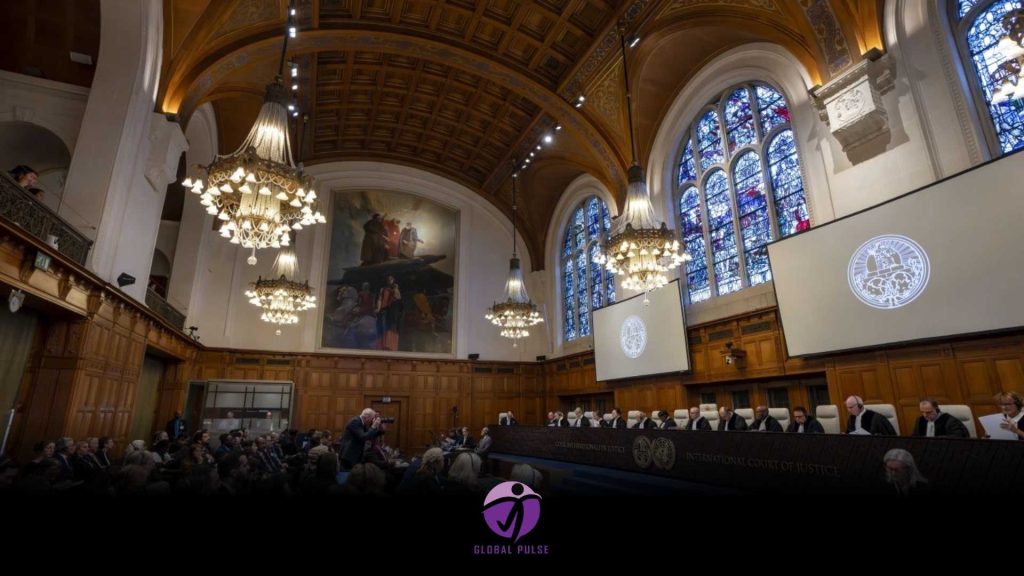The world’s leading judicial authority has commenced proceedings in a pivotal case that could elucidate governments’ legal obligations concerning climate change.
The International Court of Justice (ICJ) in The Hague is set to hear testimony from nearly 100 nations. One of them is Vanuatu, the Pacific island nation that spearheaded the initiative for a legal opinion.
The upcoming hearing addresses crucial inquiries regarding the actions countries must take to combat climate change and, importantly, the measures they should implement to rectify the damages associated with increasing temperatures.
Though not legally binding, the outcome may be significant to climate change lawsuits globally.
Five years ago, law students in Fiji first proposed seeking a legal opinion from the court.
The issue was subsequently addressed by Vanuatu, an island nation that has faced the harsh realities of rising temperatures and sea levels.
In the previous year, approximately 80% of the population experienced the direct effects of a double cyclone.
The government has announced a six-month state of emergency in response to the significant damage.
The UN General Assembly has responded to mounting pressure from Vanuatu and numerous other countries by referring two significant climate-related issues to the International Court of Justice (ICJ) for consideration.
Countries are bound by international law to safeguard the Earth’s climate system from the detrimental effects of polluting greenhouse gas emissions.
The court was also requested to determine the legal ramifications of these obligations in instances where states, through their actions and inactions, have inflicted considerable damage on the climate system and other environmental components.
Today’s hearing in the Netherlands will see Vanuatu take the stage as the first country to present its evidence.
“We are on the frontline of climate change impact,” stated Ralph Regenvanu, Vanuatu’s special envoy, during a press briefing before the hearing.
“The request for an advisory opinion from the International Court of Justice regarding climate change comes at a crucial juncture, one that aims to clarify the international legal responsibilities surrounding climate action.”
The court’s decision, while non-binding, may set a precedent for future legal cases involving small island states pursuing financial compensation from developed nations for the loss and damage incurred due to historical emissions of greenhouse gases.
A court case has emerged just one week following the conclusion of the COP29 climate summit held in Azerbaijan.
The commitment made by wealthier nations to allocate $300 billion annually for climate finance by 2035 has sparked a significant backlash from developing countries, which contend that this amount needs to be revised to address their urgent requirements.
The court in The Hague is set to hear testimonies from various nations, including the United States and China, alongside representatives from the oil-producing organization OPEC.












